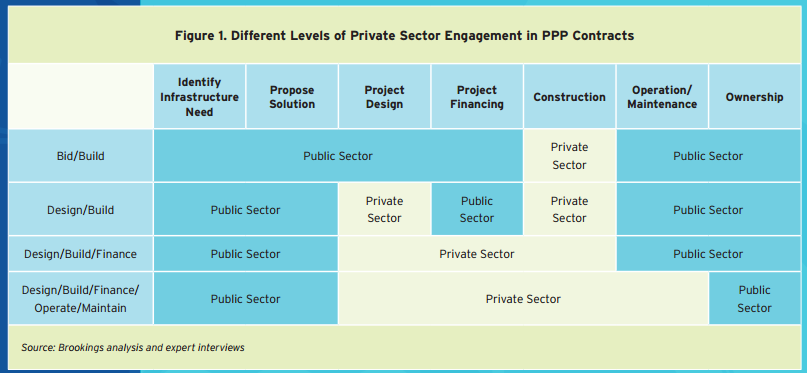
BROOKINGS METROPOLITAN POLICY PROGRAM
Despite its fundamental and multifaceted role in maintaining national growth and economic health, infrastructure in the United States has not received an adequate level of investment for years. Political dysfunction, a challenging fiscal environment, greater project complexity, and the sheer size of the need across different sectors are forcing leaders across the country to explore new ways to finance the investments and operations that will grow their economies over the next decade…Part of this exploration means new kinds of agreements between governments at all levels and the private sector to deliver, finance, and maintain a range of projects. Beyond simplistic notions of privatization, the interest is in true partnerships between agencies, private firms, financiers, and the general public. Many nations already successfully develop infrastructure in this manner today.
Despite its fundamental and multifaceted role in maintaining national growth and economic health, infrastructure in the United States has not received an adequate level of investment for years. Political dysfunction, a challenging fiscal environment, greater project complexity, and the sheer size of the need across different sectors are forcing leaders across the country to explore new ways to finance the investments and operations that will grow their economies over the next decade.
View this complete post...
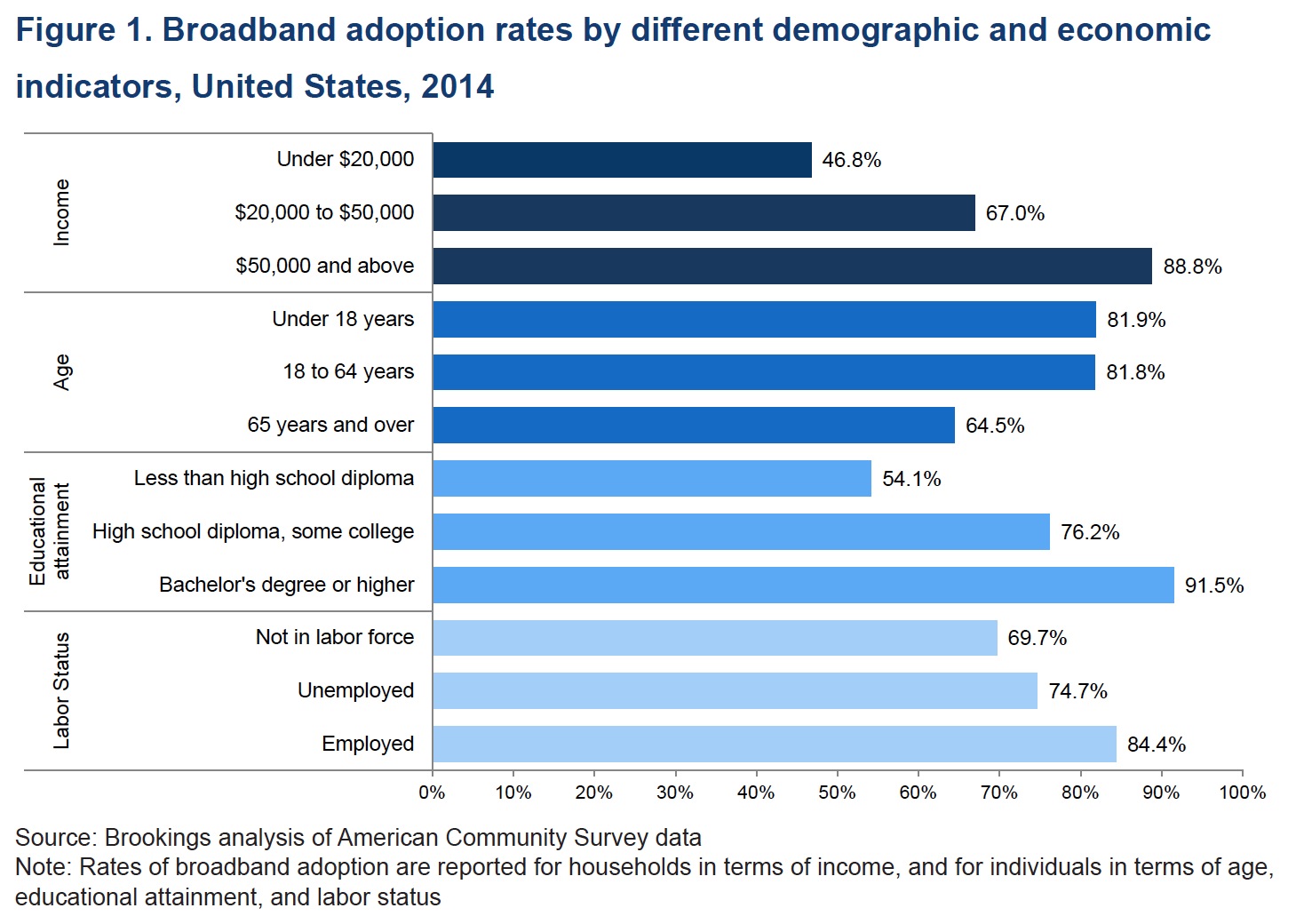












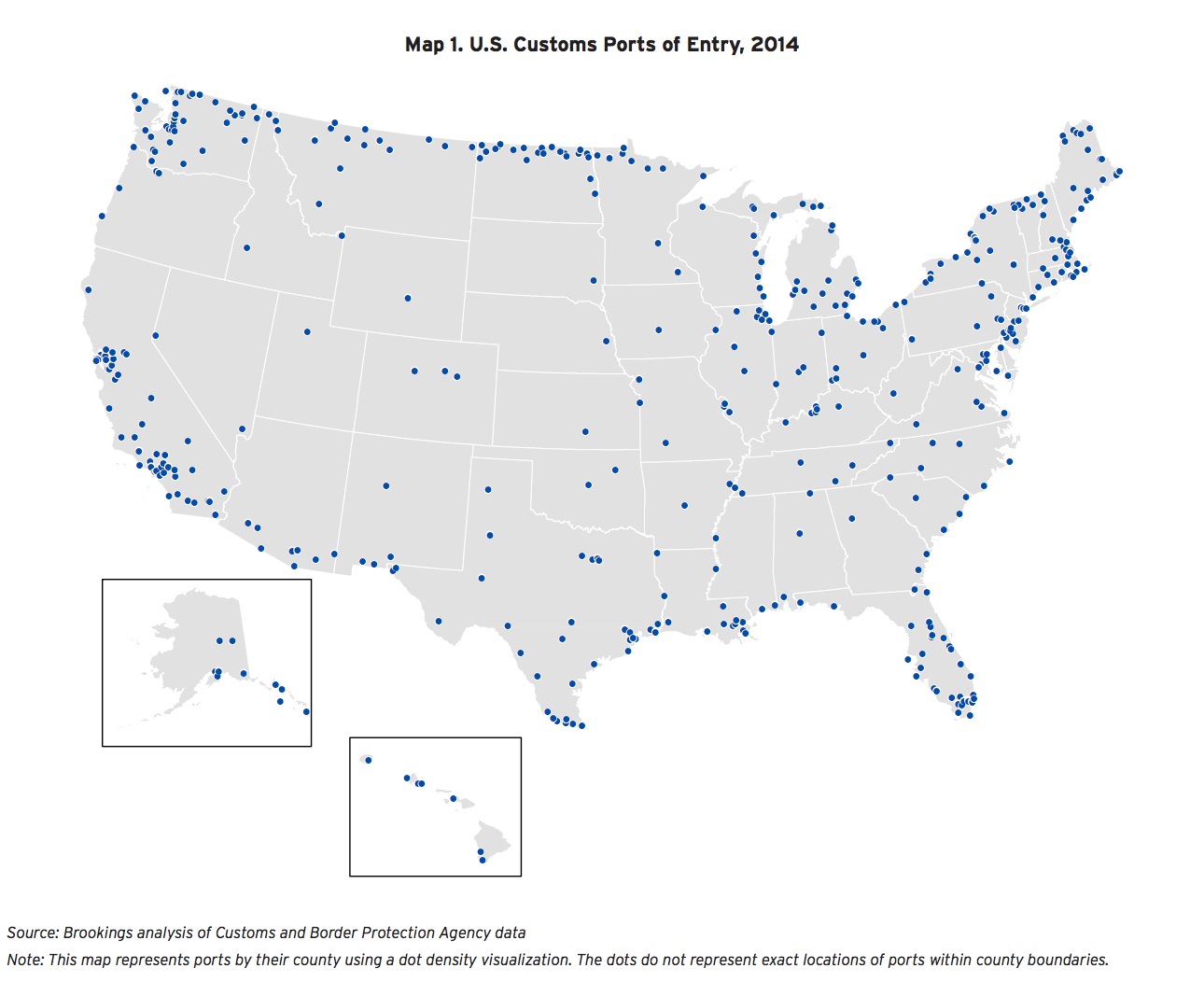

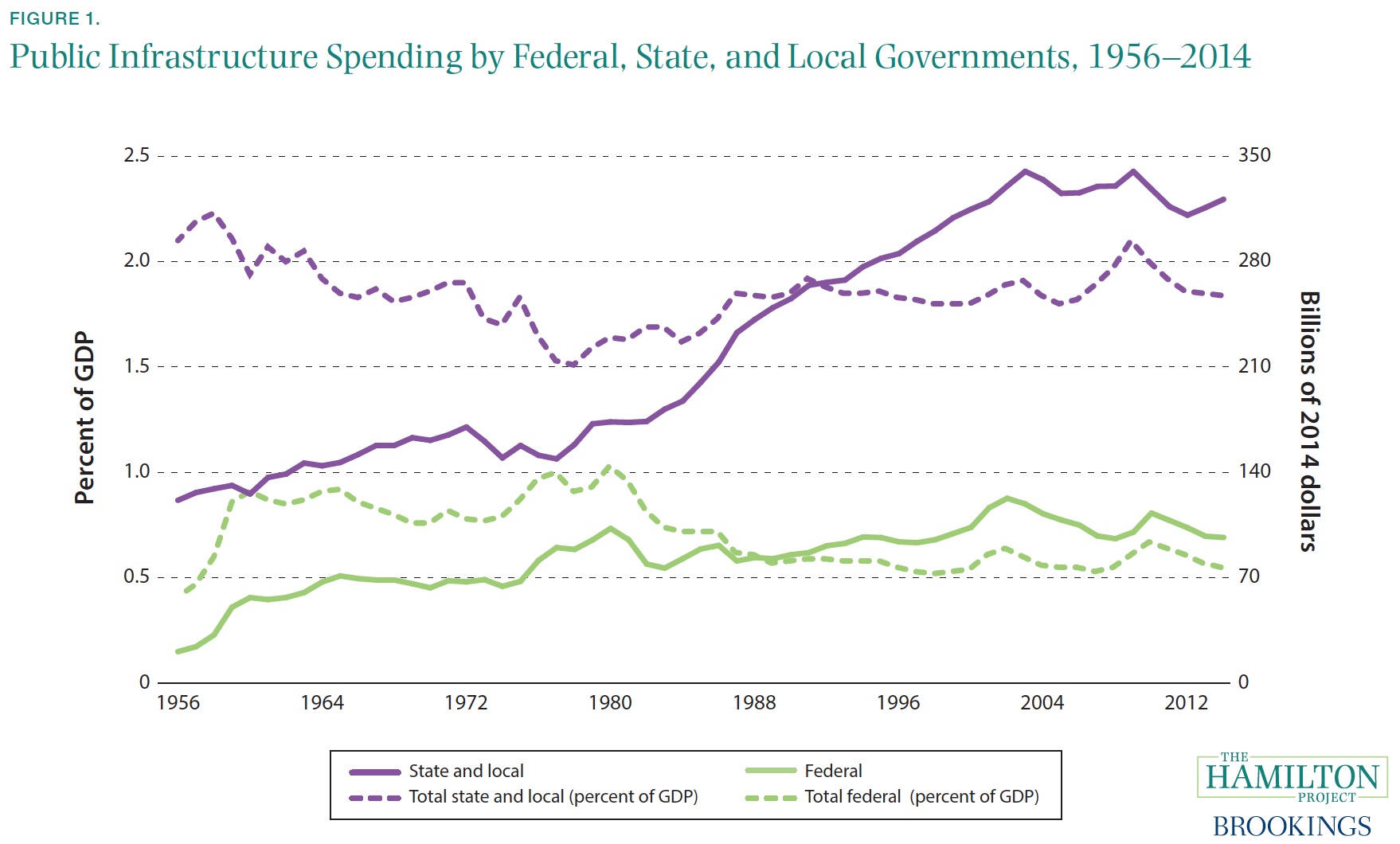
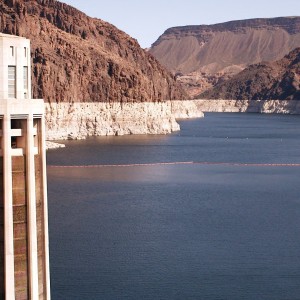


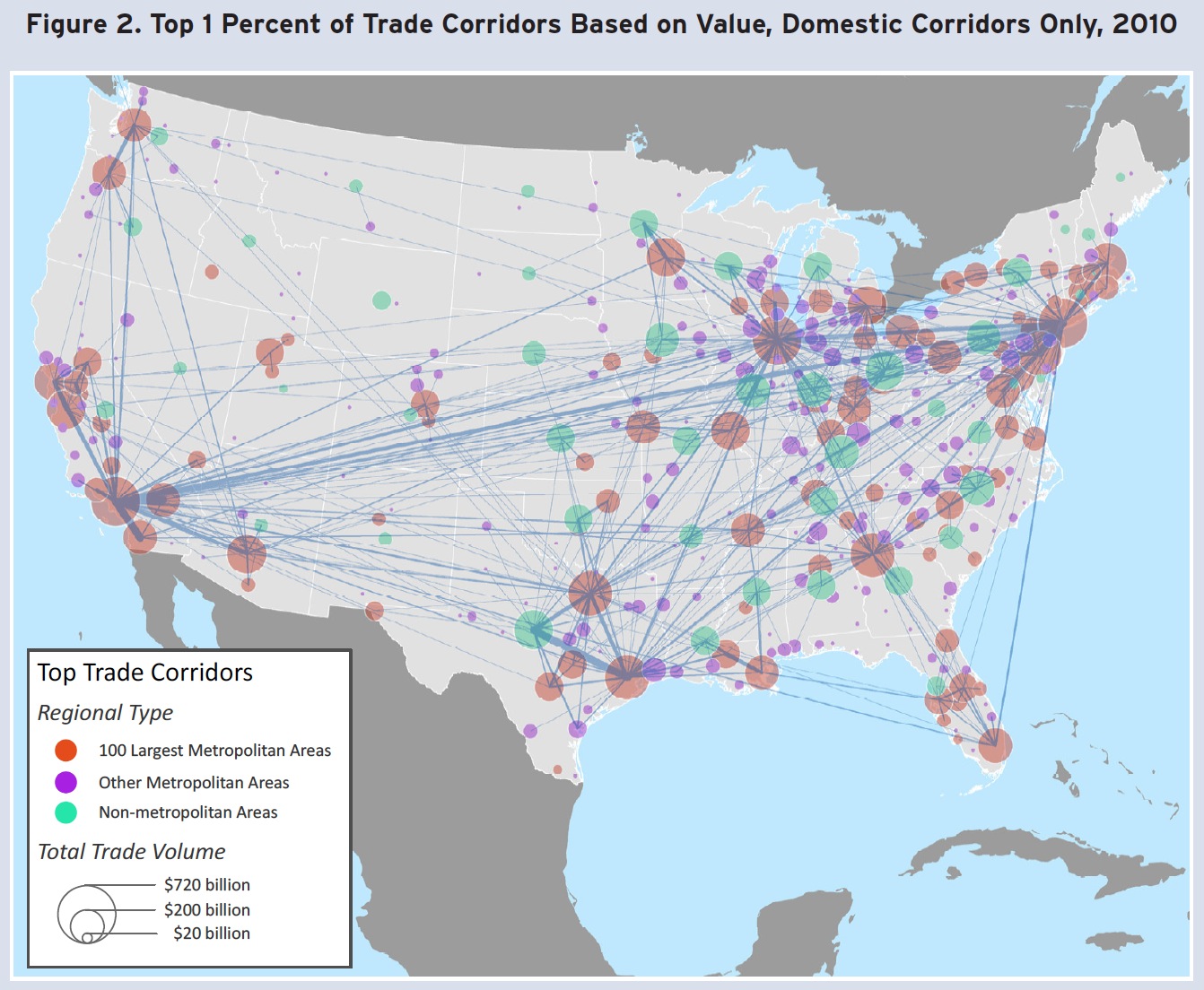

 RSS Feed
RSS Feed